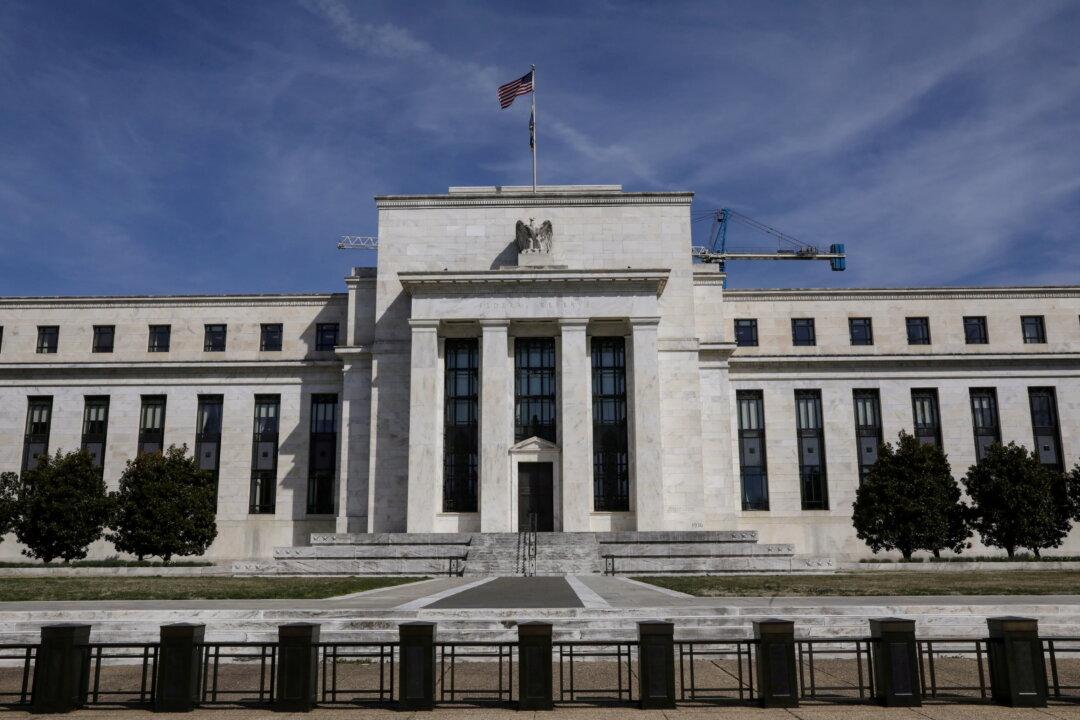U.S. economic activity was mostly flat, while some regions showed a decline with low spending following interest-rate hikes, said a recent report from the Federal Reserve, indicating an overall pessimistic outlook underlined by weekend demand.
“Four districts noted flat activity and two cited declines, with slowing or weak demand attributed to higher interest rates, inflation, and supply disruptions,” said a summary of the Fed’s “Beige Book” (which is a report of anecdotal information on economic conditions throughout the nation). Inflation, the highest in 40 years, is expected to continue in all districts covered in the report, even though there were signs of easing.





